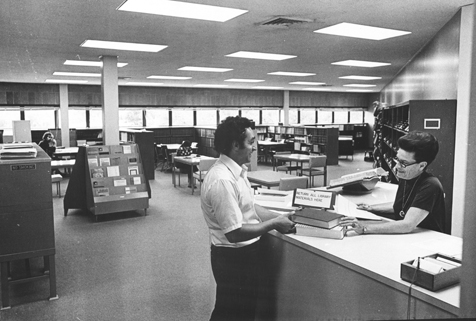
Faculty Research 1970 - 1979
Heritability of the phytohemagglutinin responsiveness of lymphocytes and its relationship to leukemogenesis.
Document Type
Article
Publication Date
1975
Keywords
C-Type-Viruses: me, Cells-Cultured, Comparative-Study, Genotype, Histocompatibility, Lectins, Leukemia: et, Lymphocyte-Transformation, Lymphocytes: de, Mice, Mice-Inbred-A, Mice-Inbred-AKR, Mice-Inbred-BALB-C, Mice-Inbred-CBA, Mice-Inbred-C3H, Mice-Inbred-DBA, Mice-Inbred-Strains, RNA-Viral: an, SUPPORT-U-S-GOVT-P-H-S
First Page
825
Last Page
831
JAX Source
Cancer-Res. 1975 Mar; 35(3):825-31.
Abstract
Upon analyses of 59 inbred strains, F-1 hybrids, and congenic-resistant mouse strains, the strain distribution pattern of the stimulation of perippheral mouse lymphocytes by phytohemagglutinin was established using a micromethod. The family of DBA mice were the lowest responders of phytohemagglutinin, whereas the C57 family responded best. Strain PL/J exhibited the best response. The response of lymphocytes to the lectin is governed by more than two but less than five major genes of unknown linkage. No direct association to the H-2 histocompatibility complex was found, although an indirect influence of this locus could not be excluded. All high-leukemia strains are good responders to phytohemagglutinin. None of the low-responder-group strains exhibit spontaneous leukemia. No correlation of the response of lymphocytes to the expression of the type C RNA genome could be established. Cell suspensions from animals exhibiting clinical signs of leukemia responded only weakly or not all to the lectin.
Recommended Citation
Heiniger HJ,
Taylor BA,
Hards EJ,
Meier H.
Heritability of the phytohemagglutinin responsiveness of lymphocytes and its relationship to leukemogenesis. Cancer-Res. 1975 Mar; 35(3):825-31.

